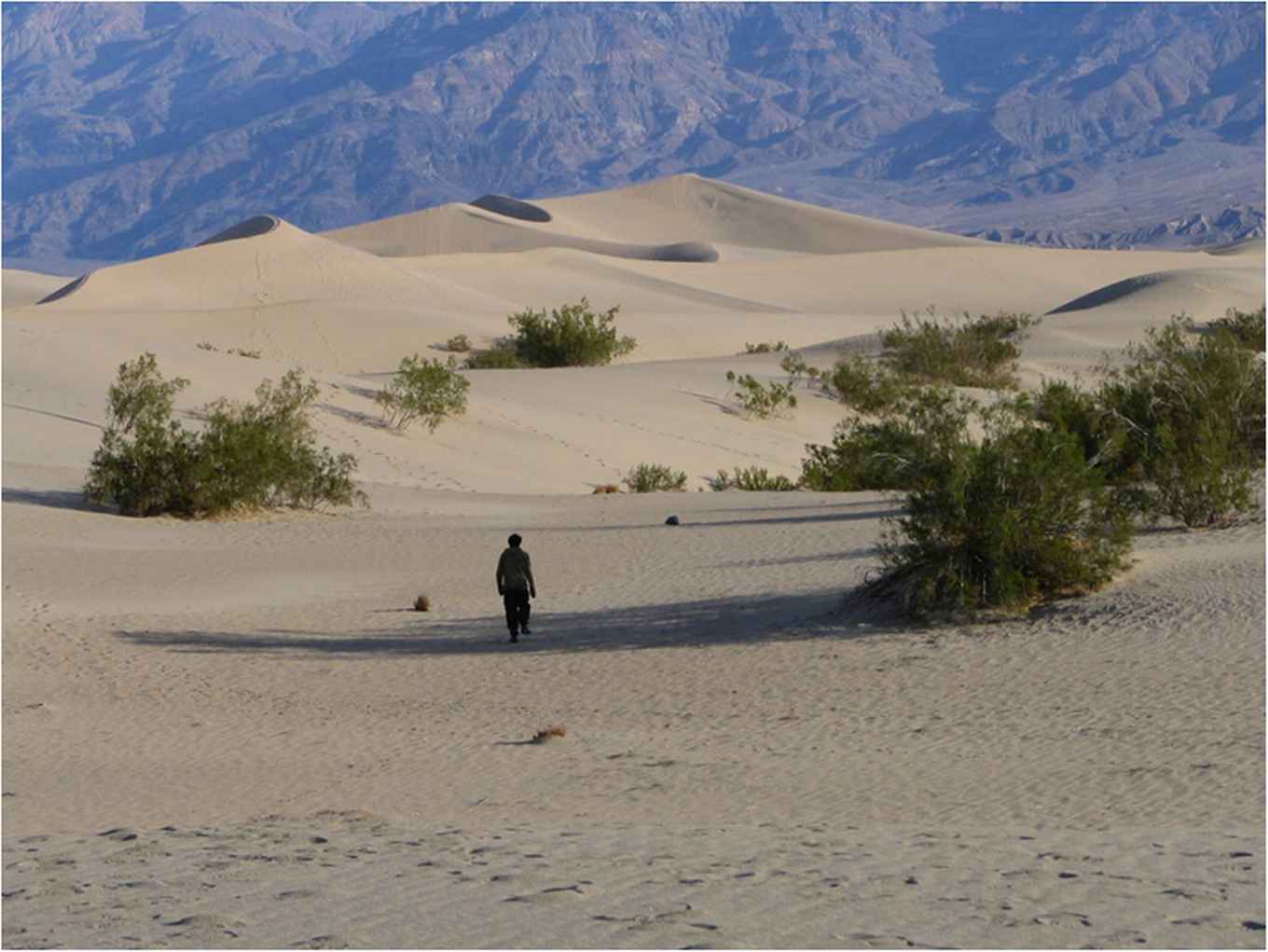Nicholas Carr gives annual talk to English Department alumni
18 April 2019

“Patrick White was the first Australian to win the Nobel Prize for Literature,” says Dr Carr, who hails from Brisbane. “But he’s not very well-known in Europe, and even at home he’s probably reached the point at which he’s more known than read.” One reason for that is suggested by the title of the talk. “He has a reputation for being a bit of a ‘difficult’ novelist, more interested in ideas and psychological themes than in plot. But I think he develops those themes in a very readable way. Voss shifts between the solitude of the outback and the busyness of colonial Sydney. There’s social observation and comedy, there’s an engagement with Australian history, some character studies—there is plenty going on in the book.”
Highlighting an important but under-appreciated writer like White is particularly appropriate as the department prepares to introduce two new literature courses for the 2019-20 academic year. Developed by Dr Graham Riach, “Literature, Empire and the Postcolonial World” and “Contemporary World Literature” will expand the curriculum of the English BA. In addition to Dr Riach, who is Scottish, contributions to the teaching will come from the department’s South African, Canadian, American, English, German and Australian staff. The teachers, as well as the reading, will highlight the diversity that makes English a global language.
As Dr Carr explains, Patrick White would approve. “He detested insularity and was staunchly cosmopolitan in his outlook. He was Australian, but he studied French and German, he enjoyed being in London for some years, he served in the Middle East during World War Two, his lifelong partner was Greek, and they lived in Cairo for a while.”
Voss, White’s most famous novel, was inspired by the real-life story of Ludwig Leichhardt, a German explorer who came to Australia in the 1840s intent on seeing the vast spaces of the interior. “That word ‘interior’ is important,” explains Dr Carr. “White turns this episode into an exploration of Voss’s own mind in parallel with some memorable evocations of the Australian landscape. In that way, I suppose, the book is like White himself: certainly Australian, but also interested in something that goes beyond nationality. The mystery of an explorer who disappears becomes a meditation on questions like the nature of creativity and why we humans seem to have a fascination with telling stories. Our department would not exist without that fascination, and we are excited to be adding more stories and storytellers to the curriculum next year.”